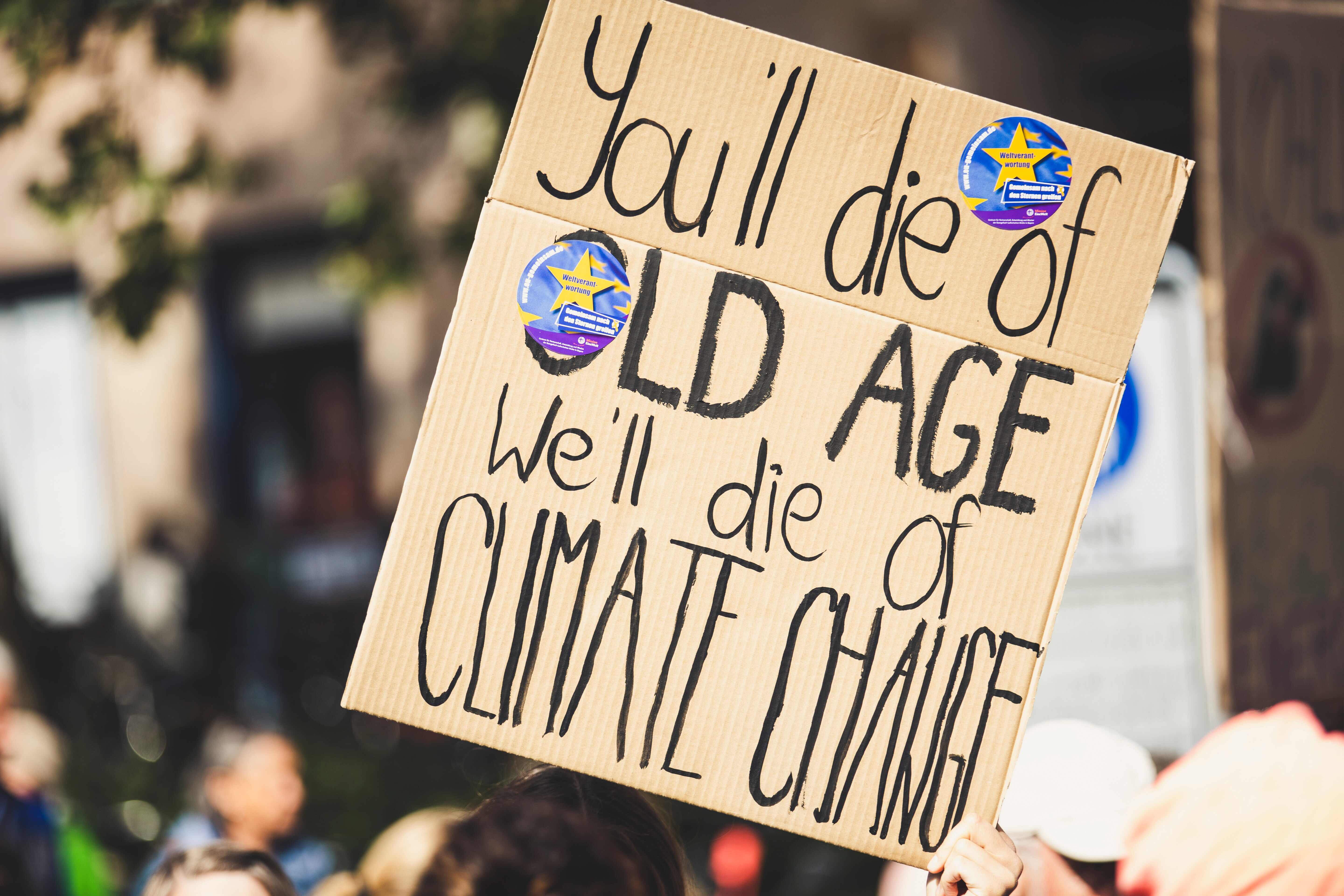Countries around the world are clearing vast tracts of land to make more room for livestock and the crops that will feed them as global demand for meat rises. To satisfy people’s craving for meat, entire ecosystems are being devastated in this way. The ability to change things often seems beyond our control, as the world’s wild places and native species face ever-increasing threats. However, don’t underestimate the strength of your plate. Vegan diets have great potential to reduce greenhouse gas emissions, minimize global warming, and improve human well-being. This is because they do not contain any animal products. Every food we eat has an effect on the environment. However, veganism shows us that we don’t need to rely on factory farms to feed us.
Take a look at these 6 ways a vegan lifestyle can benefit the environment.

1. Being vegan reduces greenhouse gas emissions
It has a strong chance of reducing carbon footprints and mitigating climate change if diets move away from animal products like meat and towards a vegan diet. Global adoption of a vegan diet and elimination of livestock farming would effectively stem the rise of atmospheric greenhouse gases, making a significant difference.
2. Veganism helps fight world hunger
Adopting and encouraging more responsible dietary behaviors and minimizing food waste, which could be achieved by switching to a vegan diet, are two effective strategies that can accelerate the end of hunger and food shortages in the world. Diets rich in meat and other animal products are more destructive to the environment than diets rich in plant-based foods.

3. Veganism helps conserve water
A plant-based diet, such as veganism, has a significant impact on water use. One of the best ways to conserve water is to live a plant-based lifestyle because plant foods use considerably less water than animal foods. Water is needed to grow the crops that livestock feed on, as well as to raise livestock. In addition, they contribute significantly to freshwater pollution.
4. Veganism promotes soil conservation
We have had to expand the number of animal pastures as the need for meat and dairy products increases. But removing trees from the ground causes erosion. By altering the ecology to create these massive fields, we degrade the soil and strip away key nutrients. Once acres of trees are removed and replaced with normal grass, it is difficult to replenish the minerals that give soil strength and structure.

5. Veganism helps stop the extinction of species
Numerous native species are now globally threatened as a result of expanding land use. Because of this, there are fewer trees and plants to absorb carbon dioxide, which also contributes to the loss of creatures like red pandas and rhinos. In addition, the main reason for the extinction of species is also the breeding of animals for food. By efficiently rebuilding farmland, going vegan can help stop the increasing loss of biodiversity.
6. Veganism reduces energy use
The care and feeding of livestock require a large amount of energy. Electrical pollution from raising livestock, spraying fertilizers, mating, generating electricity, and operating farms is substantial. In contrast, plant-based products are substantially more energy efficient because they are believed to be eight times more energy efficient than animal products.
Making the switch to veganism might give you a sense of empowerment. It is an opportunity for you to be responsible for your actions and how they affect the environment.
Also Read: 4 Ways to Start a Vegan Diet: Healthy Tips for New Vegans
Source: news.google.com